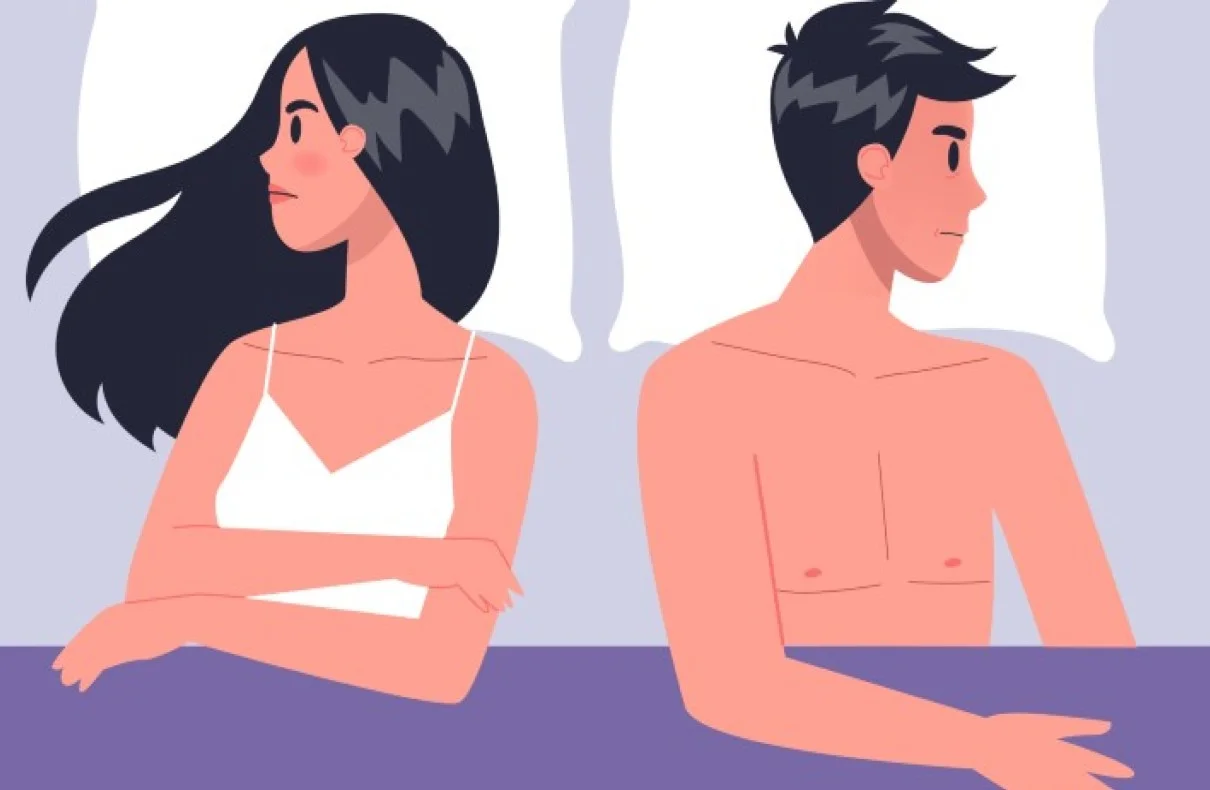This Thursday, October 10, is World Mental Health Day, an initiative promoted since 2002 by the World Federation for Mental Health (WFMH) and the World Health Organization.
The idea of this celebration is to invite us to reflect on those epidemics that grow around us, and to which we give little importance as long as they do not involve us directly, or our circle of significant people: partner, offspring, other relatives, friends, teachers, leaders in issues that motivate us or mark our course…
We are talking about depression, stress, anxiety, suicide, alienation to the point of committing very violent acts, dependence on substances or contexts (such as screens and irresponsible sex) and even addiction to suffering, which leads to constantly making terrible decisions, without stopping to think about how to get out of that loop of negativity.
The paradox of the matter is that in this century, more than in previous ones, the solution for these mental health problems is available to a very high percentage of the people affected, or to their support network, and in a significant range of variants, from the holistic therapies of our ancestors to the no less mysterious options based on Quantum Physics, without forgetting the well-known treatments with medicinal drugs, cognitive-behavioral tasks, hypnosis or psychoanalyst talks.
How much can a mental health imbalance affect sexual and reproductive health? Well, a lot: at the physical, emotional, relational, rights and social image level. And many times when you address the deficiencies of the latter, the former recovers its level.
“Heart” problems even affect the immune system and leave us vulnerable to diseases that we could be in better shape to avoid or overcome if our sexual and love life were going well and did not affect our self-esteem, habits and desire to live.
Achieving a balanced sexual life according to your real desires and goals is essential for a full and happy life; but this depends on numerous external and internal factors, and it makes no sense to force practices if desire does not accompany it, or to repress it if it does not contradict your principles, integrity and psychosocial development.
The same thing happens with relationships. It is not healthier to be married than to be single, nor vice versa. We are sexual beings from before birth until after death; because of all the sociocultural ritual that accompanies these processes, and because sex is internal to each individual and part of their projection towards other human beings, at a micro level (family or groups) and macro level (demography, public policies, socio-environmental impacts).
In every act of thinking and expressing ourselves, we place ourselves on a level in relation to others, we include or exclude to enjoy or disagree with the assigned roles, in order to evolve on that path, preferably in a healthy and happy way.
Sexuality, let us remember, includes not only the erotic but also the affective, in balance (or not) with the identity in transformation and the family (biological or assumed). Any imbalance in this system of holons generates anxiety or stress, and if we do not know how to work with them, we lose mental health.
Throughout life, each person discovers who or what attracts them, how they provoke or restrain their pleasure, where, when and for what purpose they would display their sensuality, and why they would open their soul to another person and dare to co-construct a life together.
In this process there is no right or wrong sexuality, as long as it does not violate the rights and health, physical and mental, of oneself and of others.
However, society insists on norms, requirements and labels in the areas of beauty, attraction, behavior, relationship styles… and when these stereotypes prove unattainable or stifle our potential, people languish, become depressed, overthink their own lives and become more fragile in all its dimensions.
Mental health is cognitive, behavioral, and emotional well-being. It goes beyond not showing signs of a disorder to being in a state of gratitude, resilience, creativity, serenity, solidarity, understanding, and respect. The environment, and the people we interact with, can nourish or drain our energy and, therefore, our overall health.
Healthy food, adequate rest, correct breathing and a happy state of mind are your essential energy sources. Do you take care of them systematically?
From sexual health to mental health
- Identify your stressors: what irritates you and modulates your emotional ties, erotic desire and illusions.
- Get enough sleep and choose the hours that are convenient for a restful erotic practice.
- Improve intimacy with your partner outside of intercourse. Dialogue, caresses, jokes, shared goals increase your security and self-esteem.
- Work on your confidence and make changes in yourself or your environment that will bring you closer to those spaces of happiness.
- Release endorphins: laugh, dance, exercise, play, say nice things, show how much you care about people. This joy will bring balance to your nervous system and lower cortisol (stress hormone) to enjoy more serotonin (comfort hormone).
- Develop positive habits to replace harmful behaviors learned in the family or incorporated at other stages as a strategy to fit into a group or deal with stressful situations.
- Ask for help when you can’t understand or move forward from your partner, family, friends, health professionals, safe social networks, counseling services. Sometimes a little dialogue is enough to make sense of things and earn points for your own well-being.
